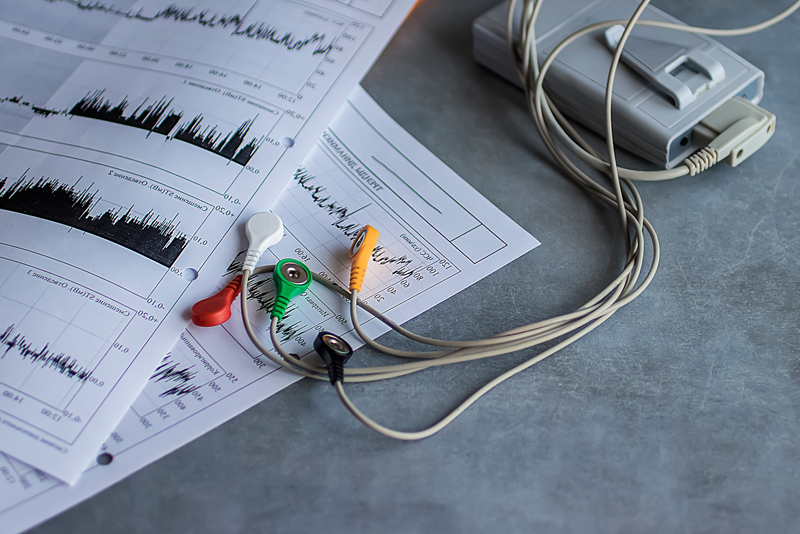ECG Holter monitoring is a crucial diagnostic tool used for the continuous recording of heart activity over 24 to 72 hours or longer. Unlike standard electrocardiograms (ECG), which capture heart rhythms in a brief window of time, Holter monitors provide extended insights into intermittent and asymptomatic arrhythmias. Early detection of arrhythmias such as atrial fibrillation (AF), supraventricular tachycardia, and ventricular ectopy can significantly reduce the risk of stroke and heart failure by enabling timely medical intervention.
A study published in the European Heart Journal found that prolonged ECG monitoring with Holter devices significantly increased the detection rates of paroxysmal atrial fibrillation in patients with unexplained strokes. Researchers noted that conventional 12-lead ECG tests failed to capture transient arrhythmic episodes, underscoring the importance of continuous monitoring in at-risk populations. In patients presenting with symptoms such as palpitations, dizziness, or unexplained fainting spells, ECG Holter monitoring has shown to provide a higher diagnostic yield compared to traditional ECG tests.
The UK’s National Institute for Health and Care Excellence (NICE) recommends Holter monitoring as a frontline diagnostic tool for patients experiencing unexplained palpitations, syncope, or those at risk of AF-related stroke. European health services have increasingly adopted ambulatory ECG monitoring, integrating it into stroke prevention programs and routine cardiovascular screening initiatives. Additionally, clinical guidelines highlight the importance of extended ECG monitoring for individuals with cryptogenic stroke, as it allows for the early detection of silent AF, which is often missed in standard ECG readings.
Given the growing burden of cardiac arrhythmias in aging populations, the accessibility and affordability of ECG Holter monitoring remain key priorities. Remote monitoring technologies have improved patient compliance and comfort, allowing for longer recording durations and enhanced diagnostic accuracy. As more healthcare providers embrace wearable ECG technology, early detection and preventive strategies for arrhythmias will continue to advance.
The future of Holter monitoring is also being shaped by artificial intelligence (AI) and cloud-based data storage, allowing for real-time ECG analysis and faster reporting. AI-driven ECG interpretations are expected to improve the accuracy of arrhythmia detection and reduce false positives, making the diagnostic process more efficient. Additionally, home-based Holter monitoring options are being explored to enhance patient convenience, particularly for those who require prolonged ECG recordings beyond 72 hours.
Reference: Kirchhof, P., Benussi, S., Kotecha, D., et al. (2020). Early detection of atrial fibrillation using Holter monitoring: A systematic review. European Heart Journal, 41(5), 1235-1244. https://doi.org/10.1093/eurheartj/ehaa045
